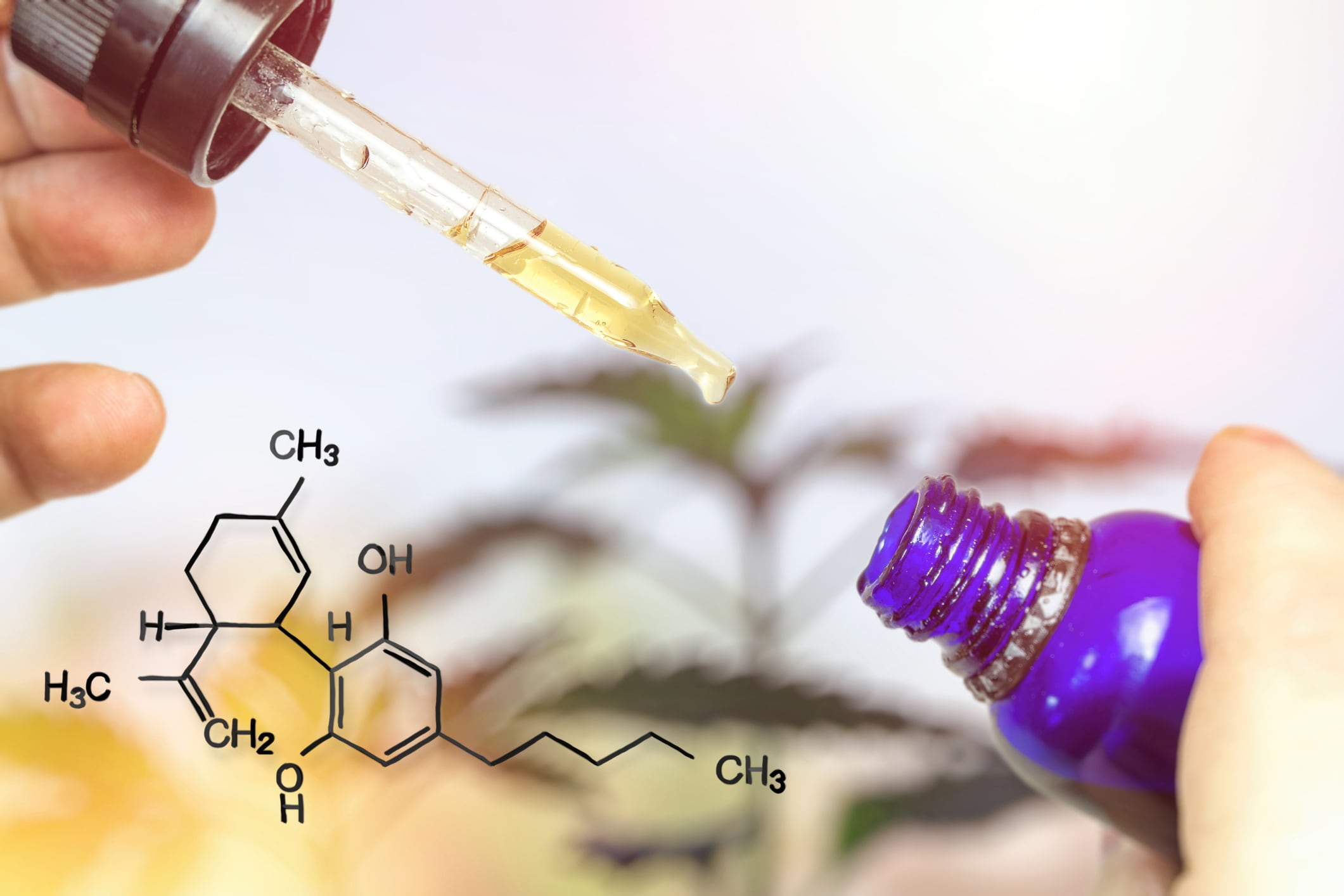The modern landscape of rapid information transfer and fast product cycles means what happened at the birth of the dietary supplement industry will be replicated in the build out of the hemp business, but at a very compressed time scale.
Transformation in data transfer
When the modern regulatory landscape of the supplement industry was put into place in 1994 with the passage of the Dietary Supplements Health and Education Act information transfer was much more laborious than it is today. The internet was born the same year, and fax machines were in the final stages of replacing the telex system of printers for the faster transmission of text-based messages.
The postal service was the main way supplement companies learned about the implications of DSHEA after it was passed. They read publications from FDA, industry magazines and subscribed to newsletters.
The gathering of information on a given topic that might have taken a month or six weeks back in the day can be done in minutes now. That includes watching videos on technical topics. In a week or two dedicated quality personnel can get training that might have consumed many months back in the day.
Advent of GMPs
After DSHEA came into being, there was a gap in developing rules for the full implementation of the law, which many in the industry attributed to a deliberate lack of enthusiasm on FDA’s part. It wasn’t until 2010 that the final stage of GMP implementation for the smallest companies was achieved.
Of course, even with the aforementioned increase in the speed of information transfer, the industry by all accounts has struggled with GMP standards. In warning letter after warning letter, basic GMP failures such as a lack of documentation for standard operating procedures, quality assurance and the like are standard features. So meeting these standards is not just a matter of the time it takes to learn about them, but also requires a commitment on the part of the manufacturer to actually comply. When you read through the history of enforcement actions, it’s clear that a small number of fringe players willfully ignore the rules from the outset.
Many of these letters are issued to companies no one in the more established corridors of the industry have heard of. One can assume that many of these companies (not all) are newer players, and while that’s not an excuse, it does serve as an explanation for these shortcomings. Few if any warning letters are issued these days to the established companies in the industry.
Lack of experience in hemp world
But in the hemp world, many if not most of the companies are brand new to supplements, or even to the manufacture of ingestible products. One contract manufacturer in Colorado I spoke to came to hemp extraction via the manufacture of novelty items cut from foam. Another nascent brand has assembled an executive team composed mostly of political consultants.
The way FDA chooses to regulate the field will have much to do with how this scenario plays out. A number of stakeholders have advocated that companies seeking to bring CBD to market in supplements ought to be required to file NDIs on the ingredient. And there have been suggestions that some sort of brake ought to be put on the market, so that some of the more established companies that have held back because of regulatory uncertainty won’t be placed at a competitive disadvantage vis a vis other, perhaps less scrupulous players who jumped in with both feet before they were sure what they were doing was ‘legal’ or not.
Regulations are years behind market
The speed with which new hemp products have appeared on the market will put enormous pressure on regulators to come up with a determination quickly. No one knows how many hemp/CBD products styled as supplements are on the market today, but the guess is that it’s many hundreds if not more than a thousand. If the typical three-to-five year rule making procedure plays out here, how many will there be then? An order of magnitude more?
The size of the market will also burden FDA in the implementation of whatever rules it comes up with. It’s often cited that fewer than 30 full time federal employees are involved in regulating the supplement market at the FDA home offices (there are many more inspectors in the field). What will the future look like if new hemp/CBD players are entering the market faster than FDA can inspect those it already knows about?
Some expertise along with a lot of naïveté
Surely there will be horror stories in the future, of adulterated and/or poorly made products. We’ve already seen troubling signs of a market characterized by poor quality.
On the other hand, a number of companies with true natural products chemistry experience are now entering the field with the passage of the new Farm Bill, which seems to give enough regulatory cover to provide a margin of comfort. New extraction facilities have come online in Colorado, Oregon, Kentucky, North Carolina and elsewhere that at least at first glance seem to be up to industry standards.
It will be interesting to see how rapidly the market will shake out. I anticipate that it won’t be anything like the 15 years it took to implement GMPs after DSHEA was passed. Once a regulatory framework is agreed upon, the cream will rise to the top. Companies that have rigid specifications, who meet label claim every time as a matter of course, and who know and can prove how much (or better put, how little) THC is in their products will be at an advantage.
The ‘garage wizards’ era of the dietary supplement industry lasted for a couple of decades straddling the date of passage of DSHEA. Stories of companies founded by couples filling capsules at their kitchen tables and so forth.
We’re in that phase of the hemp/CBD industry now. But I predict it will last a few years, not a few decades. Most of the companies and products on the market today will be gone in five years or less.




